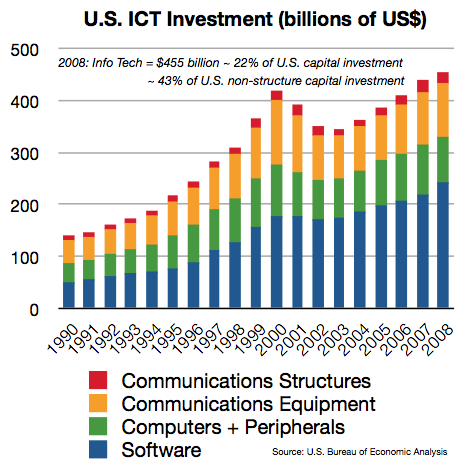Last night on Charlie Rose, Treasury Secretary Tim Geithner made an extraordinary admission. Here’s the exchange:
Rose: “Looking back, what are the mistakes, and what should you have done more of? Where were your instincts right but you didn’t go far enough?”
Geithner: “There were three broad types of errors in policy. One was that monetary policy here and around the world was too loose for too long. And, that created just this huge boom in asset prices; money chasing risk; people trying to get a higher return; that was just overwhelmingly powerful.”
Rose: “Money was too easy.”
Geithner: “Money was too easy, yeah . . . . Real interest rates were very low for a long period of time . . . .”
There you have it. Pretty simple. And yet it is the first time I can recall that any U.S. executive branch official, spanning the Bush and Obama Administrations, has admitted monetary policy was even one factor, let alone the central factor, leading to the crash. This is very big stuff. Read the rest of this entry »
